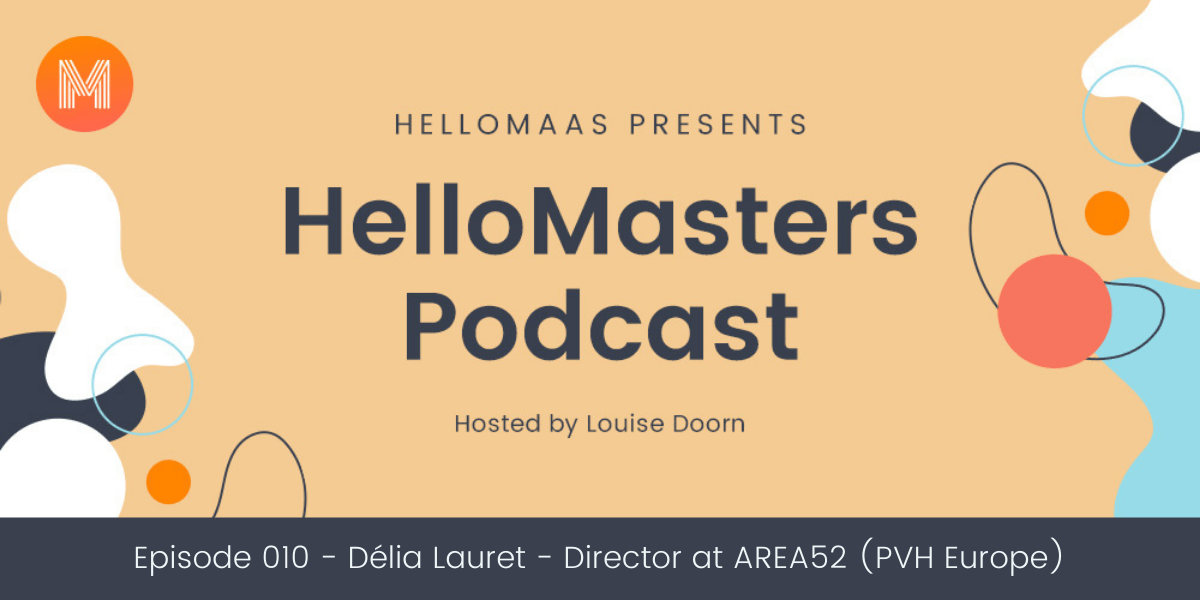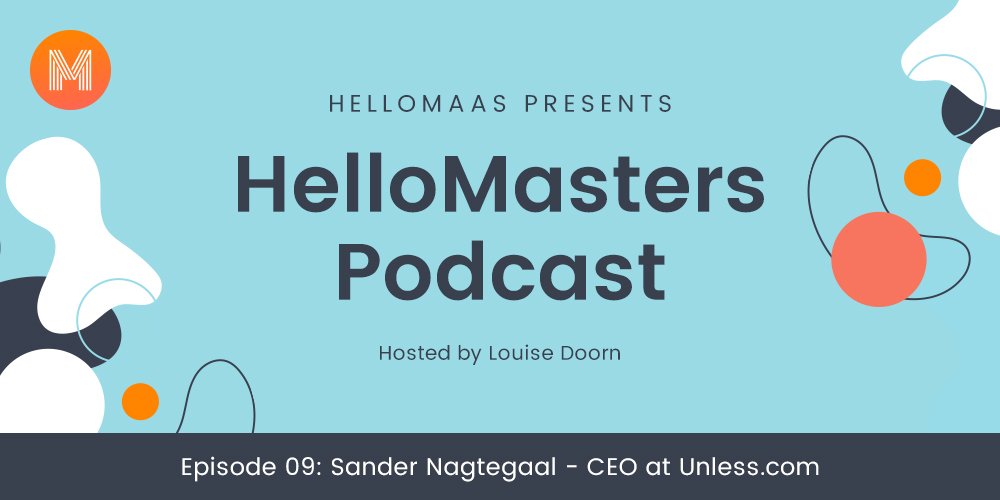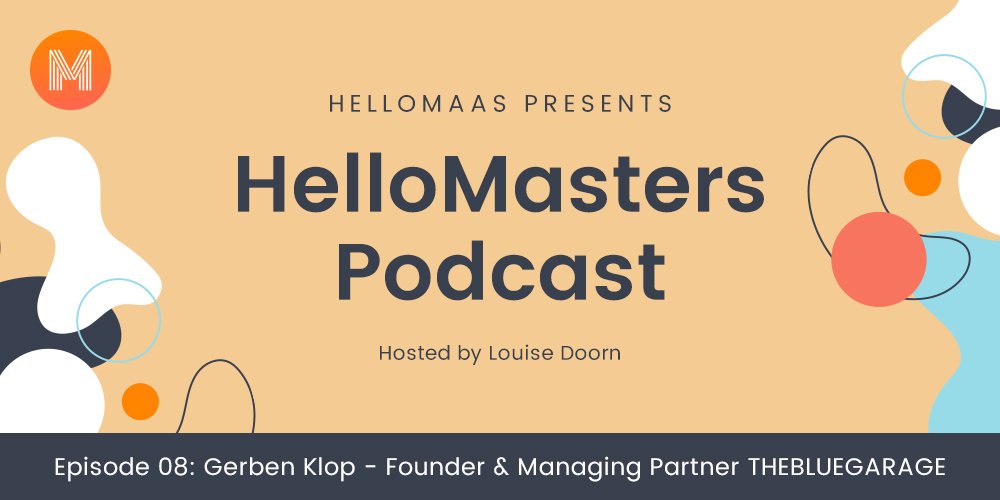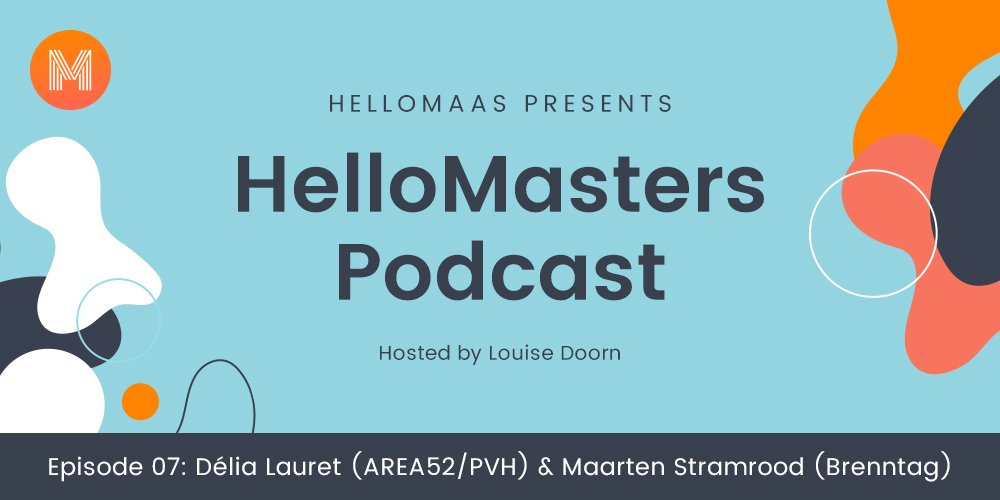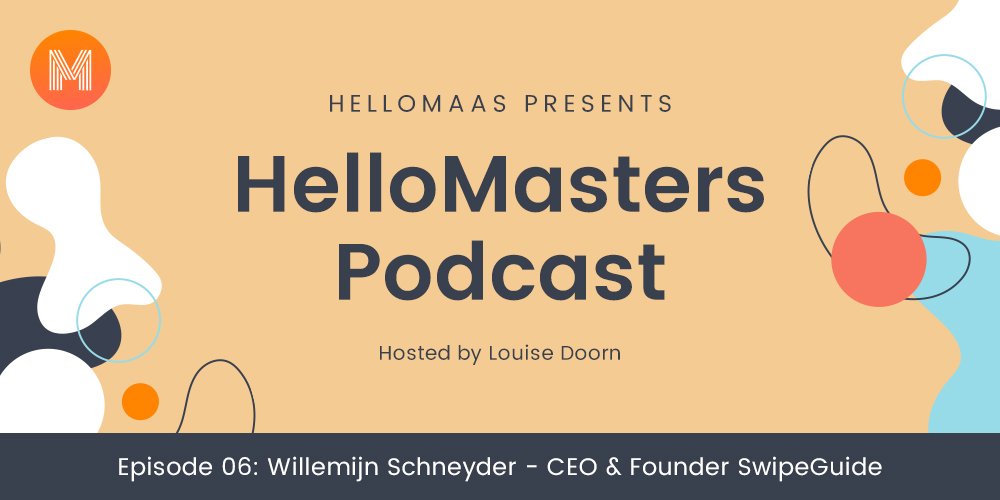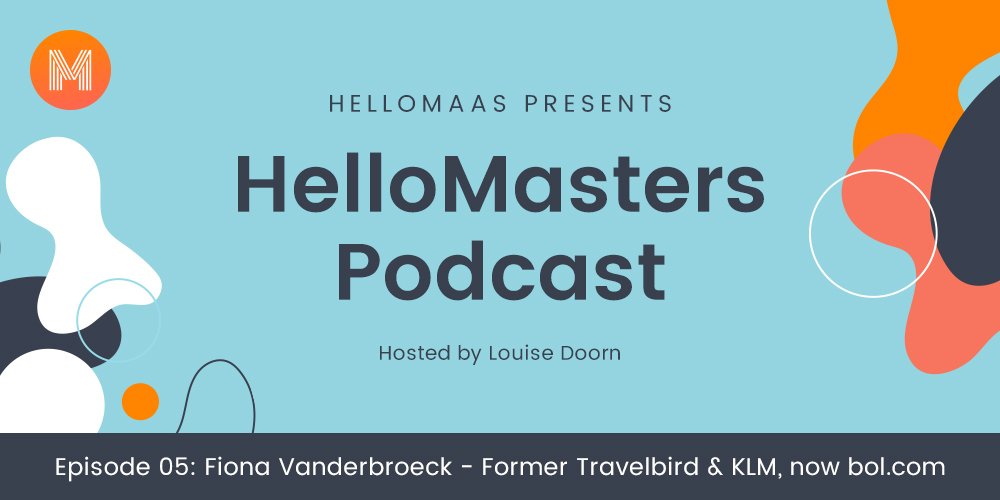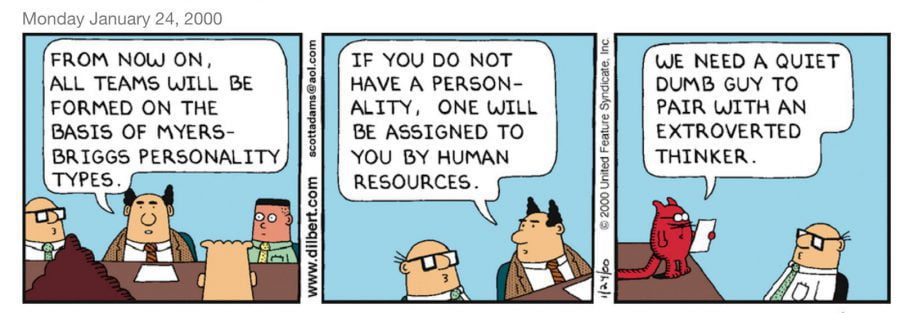HelloMasters Episode 07
This 7th episode of HelloMasters is completely dedicated to corporate innovation labs and the ins and outs of leading such a lab within a big corporation. We speak to Délia Lauret, director of PVH Europe’s digital incubator AREA52 and Maarten Stramrood, Chief Digital Officer at Brenntag Group and Managing Director of their digital hub DigiB. We do this with the great help of our co-host Ellen Bark-Lindhout, who was Global Innovation Manager of Heineken in the past and is now co-founder of accelerator Collider.
The Role Of Innovation Labs
We always like to challenge our guests, which is why we proposed some challenging statements for them to tackle. One of these dives deeper in the role of innovation labs within corporates: is it true that these labs are the last resort of corporates to innovate? Delia explains: “For every corporate, it’s a different story. There needs to be a certain willingness. Truly realizing they need to change […] Technology changes and startups, they’re coming for you.”
Maarten admits he is a bit skeptical, considering the many different definitions of what innovation entails. “If rising prices is your level of innovation, that’s pretty sad I would say.”
Importance Of Teams
We also discuss the role of the team within the innovation labs of Maarten and Délia. As a fitting statement, we ask them if the innovation lab is doomed, because they lack T-shaped personalities. Délia agrees on the need for flexibility within teams: “We’re only four people, so we cannot solely be the data analyst, or designer. It’s about developing your skills broader.”. Maarten agrees and emphasizes the importance of having the right mindset: “It all has to do with your mindset. Are you eager to learn, are you eager to experiment and take on a challenge? If you have that, everyone can become a bit more T-shaped.”
Entrepreneurship vs Intrapreneurship
Finally, entrepreneurship versus intrapreneurship is brought up. There is consensus regarding entrepreneurship, again specifically about the needed mindset. Délia states: “I think it’s about self-starting, not having someone telling you what to do, or giving you the order.” Intrapreneurship is something we define as an entrepreneurial mindset within a corporate, which brings up some debate. Maarten is clear and says:“At the end of the day, you don’t run your own personal risk and you get your salary. Either you are on the payroll, or an entrepreneur. For me, there is nothing in between.”
We understand that you sometimes need a burst of quick and specific marketing knowledge. We can help you with that! Go to www.hellomaas.com to learn more.
Topics
[00:00:00] Intro Podcast
[00:00:28] Intro Louise
[00:01:00] Intro Maarten Stramrood
[00:01:23] Maarten about why he does what he does
[00:02:40] Intro Délia Lauret
[00:04:10] Corporate Innovation labs are just innovation theatre
[00:05:40] Ellen about open innovation
[00:06:10] Background of AREA52
“There is a lot of opportunity to ideas within the business (PVH), but there is not really an opportunity to develop them, because in the end, we’re also working towards the calendar. We need to create a safe place where we can test, tryout and experiment.” – Delia
[00:08:35] How is DGB setup within Brenntag
“It all depends on what your targets are. There are quite a few companies who use their innovation lab as a showcase. We set ourselves ambitious targets, so now we have to deliver. This puts pressure on ourselves, but also the mothership.” – Maarten
“Besides people from the mother company, we also hired people externally, to have a different mindset.” – Maarten
[00:11:00] The objective of DGB
[00:11:30] Objective of AREA52
“The whole mindset of starting small, doing prototypes that are not completely finished, that’s a big shift.” – Delia
[00:12:30] Scope of AREA52
[00:12:55] Myth 2: You don’t really need to measure success in the innovation lab
“If you don’t set the goals, especially with a declining economy, you get more and more questions. If you’re not able to answer these questions, why you’re doing things, people will be double checking their budgets.” – Maarten
[00:14:18] Creating a business case at an early stage can be difficult
“Most people make a business case, based on assumptions.” – Maarten
[00:15:40] Understanding a new way to be customer first
“It’s very hard to put real KPI’s or a business case behind it. Things we also look at is the NPS.” – Délia
[00:16:50] Corporates can’t really innovate anymore, so the labs are their last resort to get new ideas into the market
“For every corporate, it’s a different story. There needs to be a certain willingness. Truly realizing they need to change. Technology changes and startups, they’re coming for you.” – Délia
“When this project started, about four years ago, all the salespeople said you’re gonna go bankrupt if you do this.” – Délia
[00:19:20] AREA52 and the future
“The tricky part is, there are always many what if’s and buts when you try to do something else, so finding your way through the organisation and seeing how you can actually start really small, or under the radar, is very important.” – Délia
[00:20:00] Maarten on innovation inside
“I’m quite sceptical, because I have been around for a long time.” – Maarten
“People tend to get a little bit curious, and then all of a sudden there is a new hype and they jump on top of that.” – Maarten
“The most disruption is currently happening in the B2B space.” – Maarten
“If rising prices is your level of innovation, that’s pretty sad I would say.” – Maarten
[00:22:35] Délia on new technologies
[00:23:00] Maarten on overestimation
[00:23:30] Ellen on finding a balance in innovations as a company
[00:24:30] Tools used to structure innovation
“Somethings just can’t be agile.” – Maarten
“There is a big corporation behind us, so that also means a lot of knowledge and power. Whenever we can, we look them in, if not, we don’t. There is no obligation.” – Délia
[00:31:09] Methodologies and ways of working
“Use a sprint as inspiration, but don’t make it the holy grail.” – Délia
[00:32:45] Teams, mentality and personality – The innovation lab is doomed, because they lack T-shaped personalities.
“We’re only four people, so we cannot solely be the data analyst, or designer. It’s about developing your skills broader.” – Délia
“It all has to do with your mindset. Are you eager to learn, are you eager to experiment and take on a challenge. If you have that, everyone can become a bit more T-shaped.” – Maarten
[00:35:30] Intrapreneurship vs Entrepreneurship
“At the end of the day, you don’t run your own personal risk and you get your salary. Either you are on the payroll, or an entrepreneur. For me, there is nothing in between.” – Maarten
“I think it’s about self-starting, not having someone telling you what to do, or giving you the order.” – Délia
“Intrapreneur gives me a bit of the chills, it sounds a bit dirty.” – Délia
“There are a lot of aspects of being an entrepreneur, it has to do with mindset indeed.. It’s so important to be creative in finding solutions, the persistence you need in a corporate context as well.” – Ellen
[00:41:30] M&A – more efficient?
“For certain parts of the company it might be more efficient, but on the other hand you want to grow together within the market and world we’re living in. If you’re only going to acquire, it feels almost like the easy way.” – Délia
“I always try to do business with startups, so they can learn from us and we learn from them.” – Maarten
“I haven’t seen a lot of successful exits with the founders staying. They’re entrepreneurs and cannot, or don’t want to, survive in the corporate environment.” – Maarten
“Strong, innovative companies, use various methods to innovate.” – Ellen
[00:45:00] Importance of the board & C-suite & new environments
[00:46:00] Other ways to ignite innovations
“You have to appreciate startups have a different horizon. Especially with cash.” – Ellen
“Innovation needs to be lived throughout the organisation. It cannot be done with a business trip.” – Ellen
“You need each other if you want to do corporate innovation. Running it solo is not going to work.” – Délia
[00:49:00] Last words Maarten
[00:49:45] Work for AREA52
[00:50:08] Professionalism in big companies that you can leverage
[00:52:50] Outro



